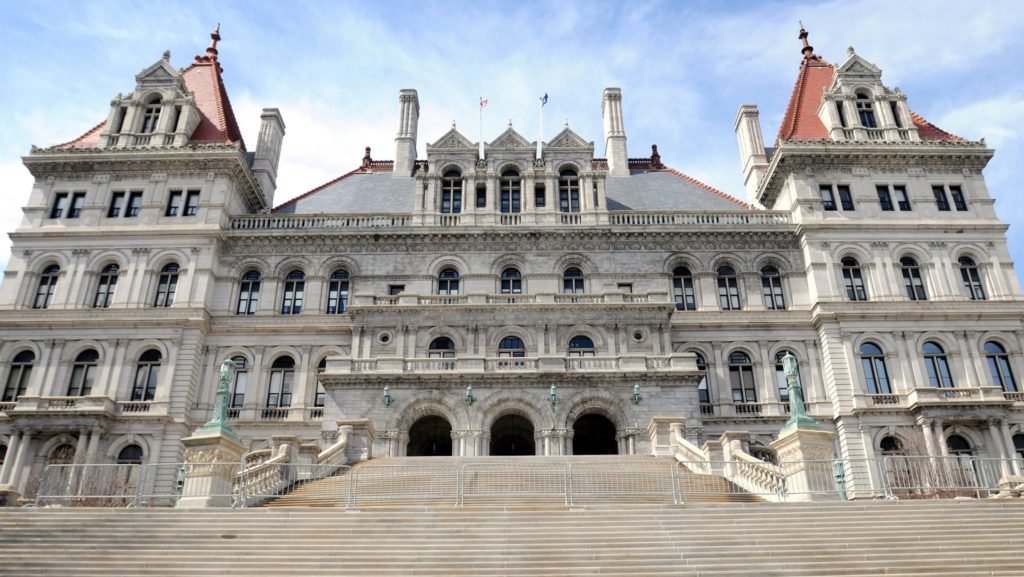New York is now the first state to offer paid leave to expectant mothers for prenatal medical appointments.
Under the law -- which was the result of a bipartisan legislative effort and was signed by Gov. Kathy Hochul -- privately employed New Yorkers as of Jan. 1 are able to receive an additional 20 hours of paid leave for prenatal medical appointments.
However, the law also allows women to take prenatal paid leave for abortions and fertility care appointments, including in vitro fertilization.
Despite these elements of the law, both of which the Catholic Church opposes, Kristen Curran, director of government relations at the New York State Catholic Conference, feels the policy can still bring about good for expectant mothers and help them deliver healthy babies.
"In New York, we are told that the way to help women, protect women and uplift women (is to ensure) they can get abortion on demand," she said. "So we love when the conversation is turned toward actual pro-women policies -- things that help women carry their babies to term, successfully deliver healthy babies and then raise babies in the best possible way."
Curran hopes the new policy will ease the burden many families face.
"We have a lot of people struggling to make ends meet, struggling to put food on the table, and these are all things that are taken into consideration when women are pregnant," she said. "Every little bit is going to help support a woman and a family when they're bringing a baby into the world."
In 2023, only 78.8% of live births were to New York women who started receiving prenatal care early in their pregnancy, according to data compiled by the March of Dimes. One in 17 infants was born to a woman receiving late or no prenatal care.
"We know that early and regular prenatal care improves the chances of a healthy pregnancy," said Michele Sterlace-Accorsi, executive director of Feminists Choosing Life of New York. "We look forward to it reducing the rate of maternal and infant mortality and morbidity here in New York."
Unlike some paid-time-off policies, this law does not require employees to accrue leave or to have worked for an employer for a minimum amount of time before accessing it. Employers can't ask employees for their pregnancy medical records in order to take the leave. Full-time and part-time workers are eligible.
The law could be especially beneficial for low-wage or hourly workers, who tend to have very little paid leave, said Patrick T. Brown, a fellow at the Ethics and Public Policy Center. Other pro-family policies in New York include 12-week paid family leave for parents and some other caretakers.
Curran said the anti-life elements of the law are an unfortunate inclusion. "Being in New York, we have to take the good with the bad," she said.
Brown, too, can appreciate the benefits and the drawbacks of the policy. "It's not an uncomplicated win. The way the bill is written (treats) abortion basically as equivalent to prenatal appointment," he said. "It certainly doesn't do anything to discourage abortion (and) it might make it more available for women who are working."
A more pro-life version of this law could be a good bipartisan initiative to advocate for in purple or red states, said Brown. But his preferred pro-family policy is the child tax credit. The New York governor hopes to expand the state's child tax credit, a policy the New York State Catholic Conference strongly supports. The move would impact some 1.6 million New York families by expanding the credit to up to $1,000 per child under age 4 and up to $500 per child from 4 through 16.
"For more than 20 years, the New York State Catholic Conference has championed the issue of child tax credits," said a Jan. 7 statement from Curran. "This initiative is a powerful way to walk with moms in need, support working families, and help lift children out of poverty."

